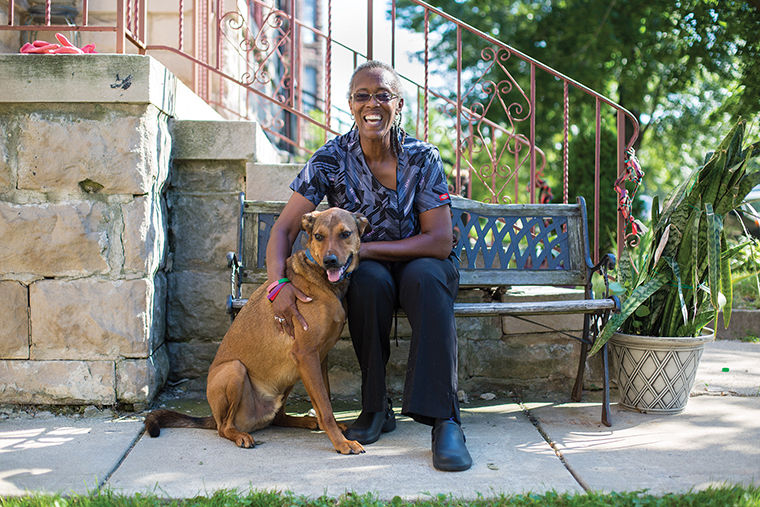Notable Native: Patricia Hill
September 8, 2014
Few police officers can say that they have taught in Chicago Public Schools, served as a bodyguard for the late Mayor Harold Washington and led the African American Police League. Those are just a few highlights of Patricia Hill’s extensive career.
Hill, a retired police officer, served in the Chicago Police Department for 21 years and served as the former executive director of the African American Police League, an organization of civilians and officers who call for better policing in the black community, before becoming a justice studies professor at Northeastern Illinois University.
The Chronicle spoke with Hill about the difficulties of being an activist and an officer, why she went into law enforcement and the trying relationship between police and the African-American community.
THE CHRONICLE: Why did the AAPL disband last year?
PATRICIA HILL: The league is member-based. [Police officers] did not express that they saw the need for an advocacy organization such as a league. But it’s set up in such a way [that] if time changes and they begin to realize it is necessary, it can be reestablished. It’s not difficult, but the whole point of attempting to maintain a small board and deal with the financial requirements of an organization. If the need reemerges, we’ll see. But for now, it was too much to try to maintain the organization with the lack of membership.
What made you want to become a police officer?
I’m a product and a student of the ’60s. So at an impressionable age, around 1966, when the country was on fire, I was 15 years old and that touched me. When the assassination of Dr. Martin Luther King Jr. occurred, we really saw the police not empathizing [and] not understanding why black people were acting out. I knew that I wanted to be a part of something that would protect our community.
Why did you stop teaching in Chicago Public Schools?
When I was teaching school, I realized [policing] was something I wanted to do. The school I was teaching at in Chicago was violent. I lost a lot of students. The gangs were very prominent. The teachers did not get the respect that I thought they should get. We were then working to elect our [Harold Washington], the African-American mayor in Chicago. I got involved in that campaign and I made the decision again to be a police officer and that I want to work for him.
What difficulties did you face as an officer and an activist?
I taught school and I’m very political. I was always out here being an advocate on behalf of black people, human rights and all of that. I didn’t have the typical career because my career was browsing around in politics, fighting for police officers, getting suspended, attempting to be fired three times. Not for force, not for drinking, not for any of those things, but for resisting the status quo on the police department. So I really didn’t think I would survive long enough on the department to retire. I would not have been able to do all the stuff I did if my community did not come and support me.
What are your thoughts on what is happening in Ferguson, Missouri?
The militarization of police is not going to impact the black community more than it already does. We’re already at the bottom of the ladder. We already can be arrested for being black. We already get shot on the spot just for being black. They’ve already been violent against [the African-American community]. That’s what the police have always done. We have to stop acting like this is new.
Why did you choose to patrol in your own community?
When you have an institution that’s based on data, data-driven, I defied all of that. Everything cannot be measured on paper. From 1995 pretty much until I retired, I lived on my beat. They hated it. I was a police officer 24 hours a day. I mostly interacted with the young people. I lived for community policing. That’s the way it’s supposed to be.








